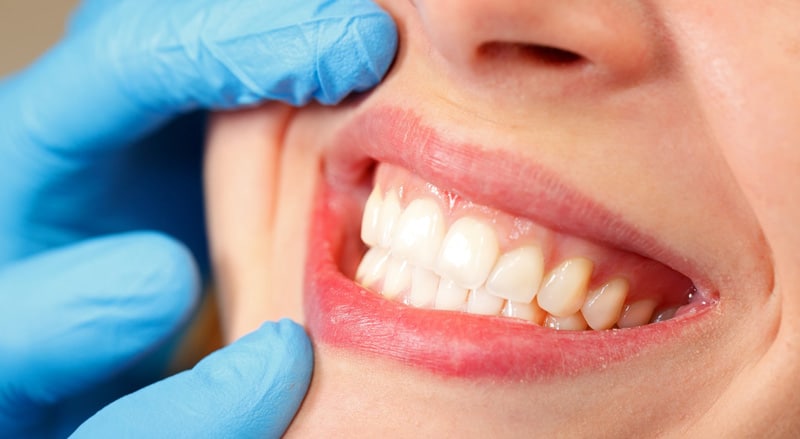Sedation Dentistry in Saskatoon
Many people fear dental procedures. They worry about the pain they might feel as well as their vulnerability and potential discomfort. Sedation dentistry can definitely help patients feel more relaxed during dental work, but is it the right choice for you?

What Is Sedation Dentistry?
With sedation, the dentist administers a drug before or during the dental procedure. Our sedation will help relax you, but won’t knock you out completely.
The most common types of sedation dentistry include the following:
Nitrous oxide: A gas that relaxes you during the procedure. It wears off quickly, so your dentist might let you drive yourself home after the appointment
Oral sedatives: Oral sedatives, such as diazepam, also help relax patients during dental procedures. You typically take them an hour or so before your appointment. You’re fully awake but less anxious, and you might feel a little sleepy until it wears off.
Prior to receiving sedation, please speak to your dentist and mention any allergic reactions you’ve experienced in the past, especially to anesthesia, so your dental professional can make safe, educated recommendations.
Additionally, you can discuss local anesthetics. These drugs numb your mouth during a dental procedure, so you don’t experience pain. Dentists usually administer local anesthetics with a short needle in several places along the gum line. If you don’t fear the dentist, local anesthetic might be the only thing you need.

How Does Sedation Dentistry Work?
The process depends on the type of sedation your dentist chooses. If you’re taking an oral sedative, for instance, your dentist will write you a prescription for the drug and give you instructions on how to take it. As long as you follow those instructions, you’ll benefit from reduced anxiety and increased relaxation. Once the medication begins to work, you should start to feel drowsy and content.
You don’t have to prepare at all for nitrous oxide. Your dentist will supply it before, during, and right after the procedure. However, if you choose IV sedation, you might have to prepare in advance.
For instance, your dentist might ask you to fast — not eat or drink anything — for several hours before the dental work. You might also need to avoid taking certain medications the day before you visit the dentist because they can interfere with the sedation medication.
Who Needs Sedation Dentistry?
Patients who consider sedation dentistry often have different reasons for their interest, such as the following:
- Phobia related to dental procedures
- Bad experience with dental work in the past
- Particularly sensitive oral nerves
- Small mouth that becomes sore during dental work
- Resistance to local anesthetic
- General anxiety disorder
If you recognize yourself in any of those problem areas, consider asking your dentist about sedation dentistry. Dental sedation can help patients get through many types of dental work, such as root canals, tooth extractions, dental implantation, and more. However, it’s typically not offered for regular dental cleanings, X-rays, and other routine care. Cases of extreme anxiety may be a viable reason for sedation during those procedures, though.
Will You Benefit from Sedation Dentistry?
Before you decide on dental sedation, consider the procedure you face and your general response to dental care. For instance, do you fear needles? If so, IV sedation might cause more anxiety than the dental work itself. Similarly, if you’re worried about becoming vulnerable in the dental chair, you might want to stay alert and stick with a local anesthetic.
However, if you’re putting off dental work because you fear the pain or any other part of the work, sleep dentistry might offer the best solution. When you ignore issues such as dental caries, loose or broken teeth, and other problems, you put your oral health at risk. Furthermore, the problem might become more complicated as time passes, which could mean that you’ll need more extensive dental work in the future.
If you’re worried about upcoming dental work, ask your dentist about dental sedation. If he or she practices it, you might feel better about getting into the chair, and you won’t have to worry about persistent dental issues that cause you pain and other problems.
* All dental services offered at Saskatoon Smiles are provided by general dentists at each location.